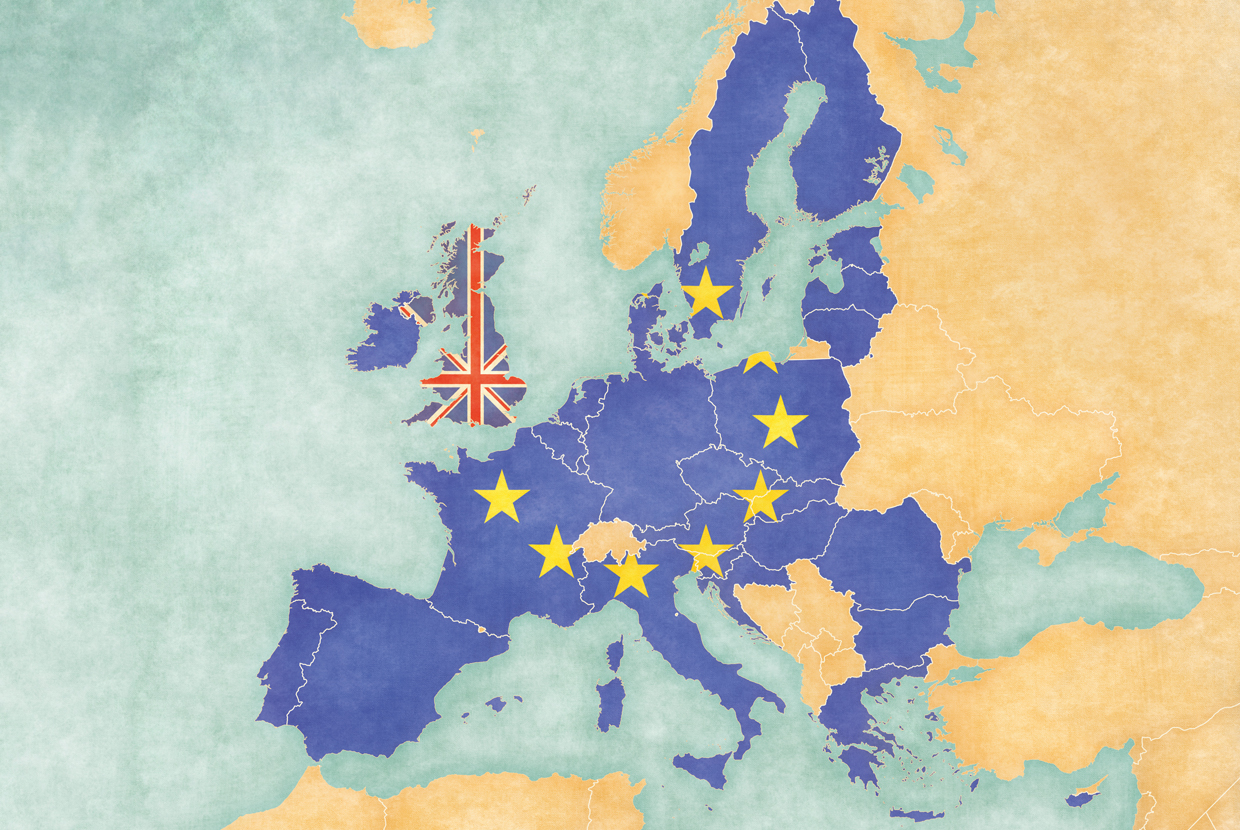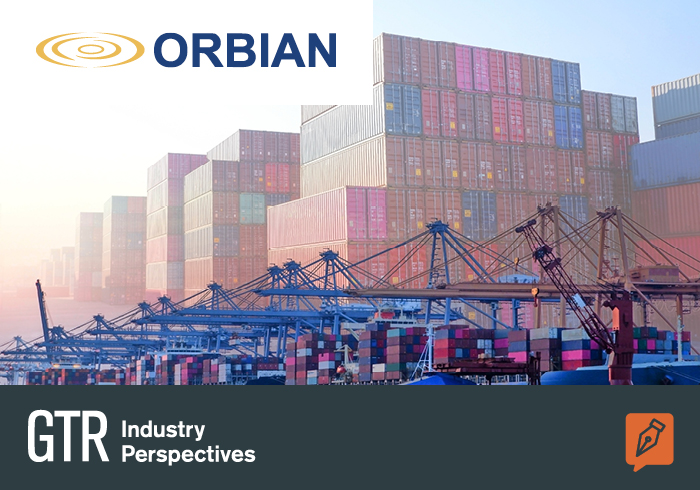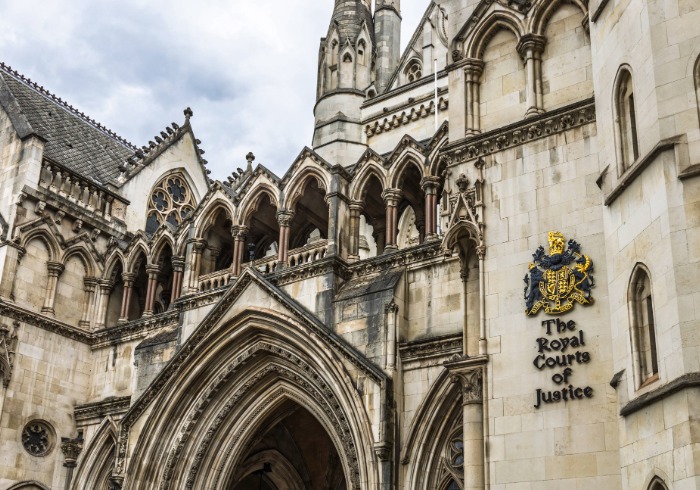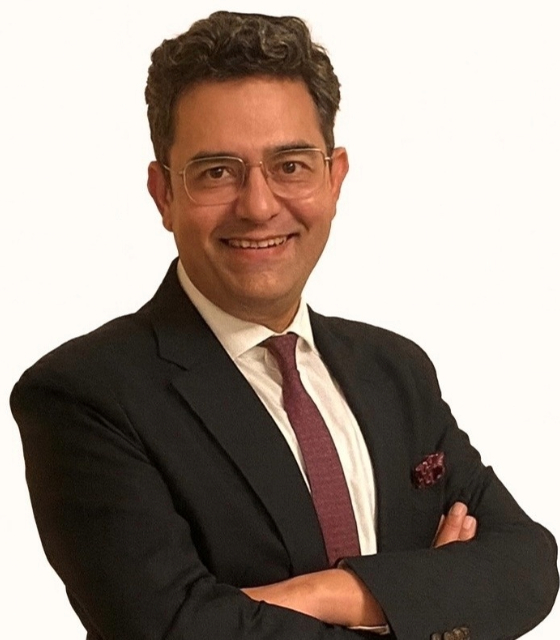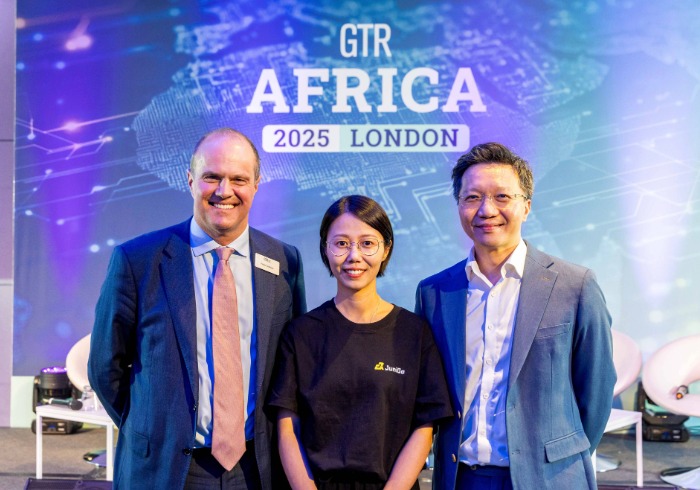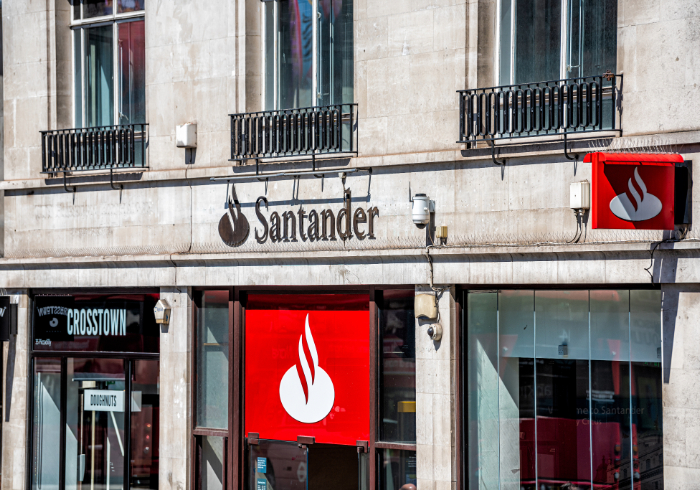The UK trade secretary Liam Fox has said that any post-Brexit trade barriers will “send a signal to global investors that Europe is less open than it is today, and that will have consequences”.
Speaking at a festival in Hong Kong organised by his Department of International Trade to showcase innovations in UK exports, Fox warned EU negotiators that “this is not a negotiation that’s being carried out in a political or economic vacuum, Europe needs to understand that it is not at the centre of the world”.
The pronouncement comes just days after the EU and UK agreed terms for the Brexit transition period. Among the key aspects of the text, was that the UK will be able to negotiate, sign and ratify its own trade agreements during the transition period, but that it will still be party to existing EU trade deals with other countries.
Fox told delegates including GTR that his government is seeking an “economic, liberal, open, free-market Brexit”, in response to a question from Yvonne Man, an anchor on Bloomberg in Hong Kong.
Fox had curiously avoided using the word “Brexit” during a near 18-minute speech in which he talked up the global chops of the UK’s economy and barely referred to the EU. Focusing on the UK’s relationship with the rest of the world, he said that “the next few years will offer a golden opportunity for the UK to work with our partners across Asia to drive innovation and shape the future of global trade”.
He added that the UK government views its trading relationship with Hong Kong as “a model for the UK’s future trading partnerships”.
“Both the UK and Hong Kong believe that agility and adaptability are keys to an effective trade policy in an ever-changing global environment. This approach lies at the heart of what our prime minister has described as our ambition for a truly global Britain,” Fox said.
Joining a panel discussion with Fox was HSBC’s regional head of commercial banking for Asia Pacific, Stuart Tait. Asked whether HSBC was considering joining other financial institutions and moving its base to a base in the EU post-Brexit, Tait said that the bank had decided three or four years ago that it would remain headquartered in London.
However, he also stated that HSBC has a large base in Paris, to which it could “relocate if we need to”.
Fox’s appearance in Hong Kong comes as Brexit negotiations have finally made a modicum of breakthrough. The transition deal firms up the timeline for the UK leaving the EU and also offers some degree of stability to businesses, over the medium term.
Certain parts of the government were also upset that the “backstop option” for the Irish border, agreed last December, is part of the agreement. This effectively means that unless another solution is found, such as a comprehensive free trade agreement, Northern Ireland will remain subscribed to parts of the single market and customs union, therefore avoiding a hard border.
In an interview with GTR in Hong Kong last week, the Irish deputy prime minister Simon Coveney said that he was confident that the negotiations would not result in a hard border.
“I am confident that we won’t have a physical border. I have to take the British government at their word: we have a written agreement to say that there will not be any physical border infrastructure or related to checks or controls. That is a clear commitment. In fact, they said they would provide a guarantee that that’s the case,” Coveney said.



